Five things to look out for during the first week of the 2019 Tour de France
The threat of crashes
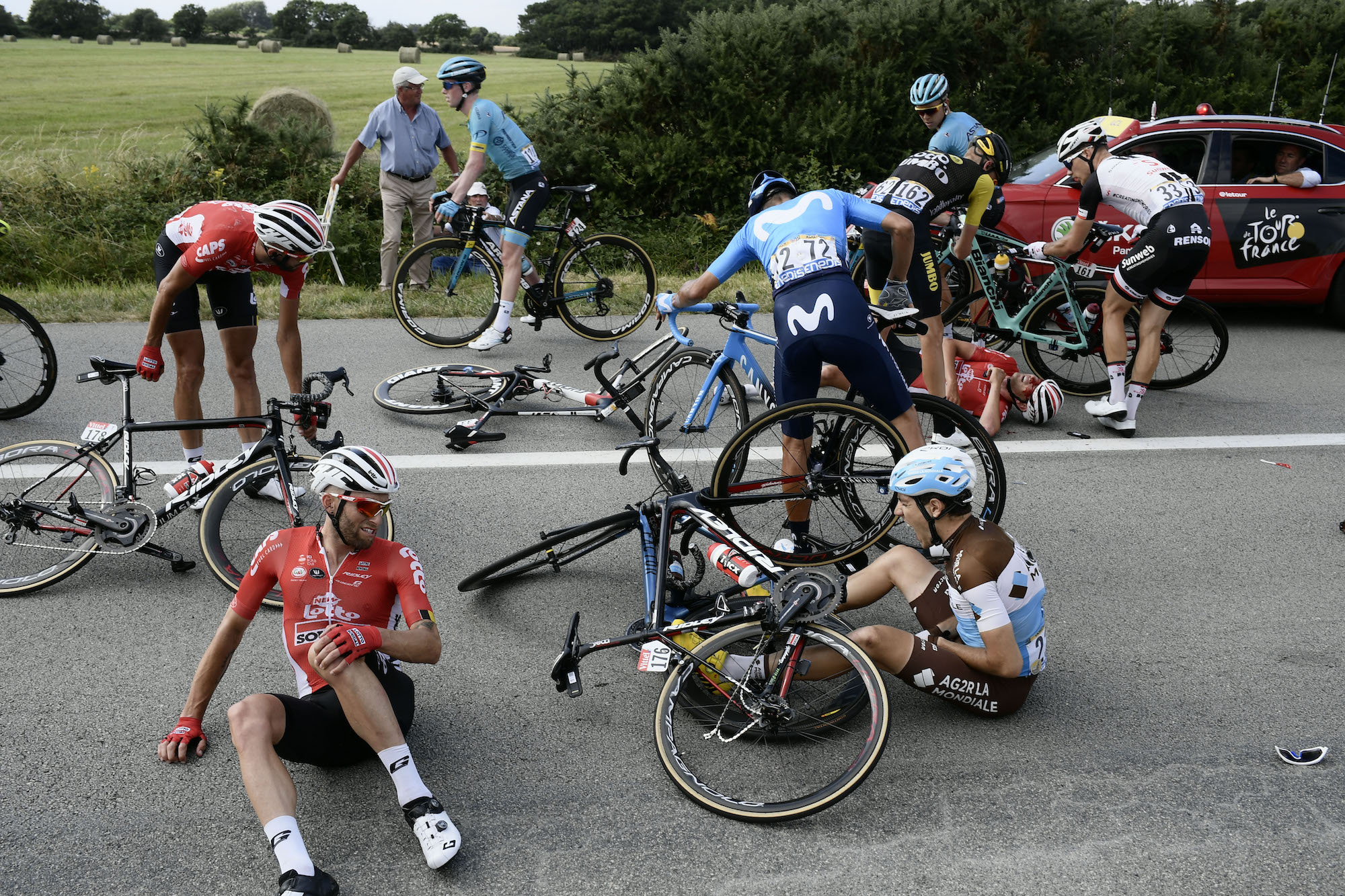
The opening week of the Tour de France is notorious for the feeling of nervousness that spreads across the peloton.
With everyone from sprinters to GC men eager to remain competitive in what for many is the most important race of the season, the peloton is a dangerous environment to inhabit as a surplus number of teams vie for a minimum amount of space towards the front of the peloton.
>>> Tour de France 2019 start list: Confirmed line-ups for the 106th edition
Consequently, crashes are a frequent phenomenon, and will be a big worry for anyone with sights on winning the yellow jersey.
There are important climbs and time trials in the first week (more on them later), but they’re likely to be raced defensively this early in the race - instead, counter-intuitively it’s the pan-flat sprinter stages where a large peloton makes it to the finish together that could have the most significant impact on the GC, as it’s here where the big favourites are most at risk of suffering a race-ending crash.
Even a seemingly innocuous incident like a puncture or small but ill-timed crash could potentially have huge consequences.
Get The Leadout Newsletter
The latest race content, interviews, features, reviews and expert buying guides, direct to your inbox!
Take last year, when the 51 seconds Chris Froome lost to team-mate Geraint Thomas after being held-up by a crash on the opening stage proved to be enough of a buffer for Thomas to later assert an outright leadership status in the team, and ultimately go on to win the Tour de France.
With Thomas this time confirmed as Team Ineos’ joint-leader alongside Egan Bernal, another small incident during the opening week could again determine the shape the race for overall victory takes.
Showdown among sprinting stars
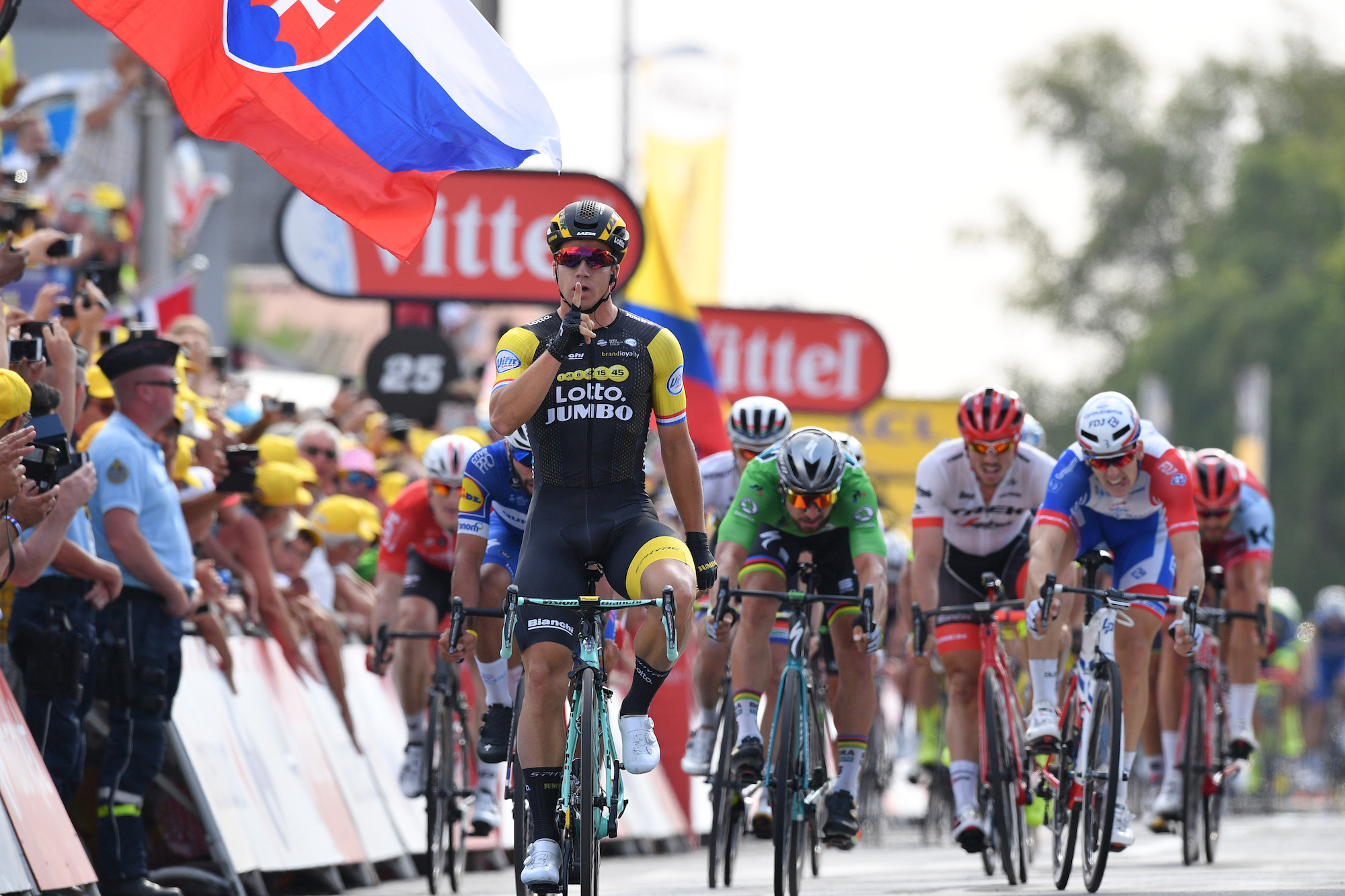
Another thing synonymous with the early stages of the Tour de France are big, dramatic bunch sprints, and although there aren’t quite as many clear cut opportunities as normal, the sprinters are still guaranteed a few opportunities to compete for stage wins.
The first of these occurs on the opening stage in Belgium, where local teams Deceuninck-Quick-Step and Lotto-Soudal will battle it out for the rare honour of being awarded the yellow jersey on home roads via their star sprinters Elia Viviani and Caleb Ewan.
>>> Who are the favourites for the green jersey at the Tour de France 2019?
With veteran sprinting legends Marcel Kittel, Mark Cavendish and André Greipel respectively taking a hiatus, not selected and showing no form, Viviani and Ewan look like the fastest finishers in the peloton this year, along with Jumbo-Visma’s Dylan Groenewegen.
Viviani endured a frustrating Giro d'Italia this year, where he failed to land a single stage, but has since bounced back to his best with two sprint wins at the Tour de Suisse last month, and will have the might of the world’s best lead-out train to call upon.
Ewan was one of his main nemeses from the Giro, and will have high hopes ahead of what will be his debut Tour de France.
Unlike the other two, Groenewegen already has already experienced success at the Tour having landed two stages last year, and enters the race as the season’s most prolific sprinter with 10 wins already to his name.
There are plenty of other top sprinters lining up, including Alexander Kristoff (UAE Emirates), Michael Matthews (Sunweb), and the irrepressible Peter Sagan (Bora-Hansgrohe), but expect this trio to vie for victory come the expected bunch sprints in stages one, four, seven and potentially 10.
A crucial team time trial
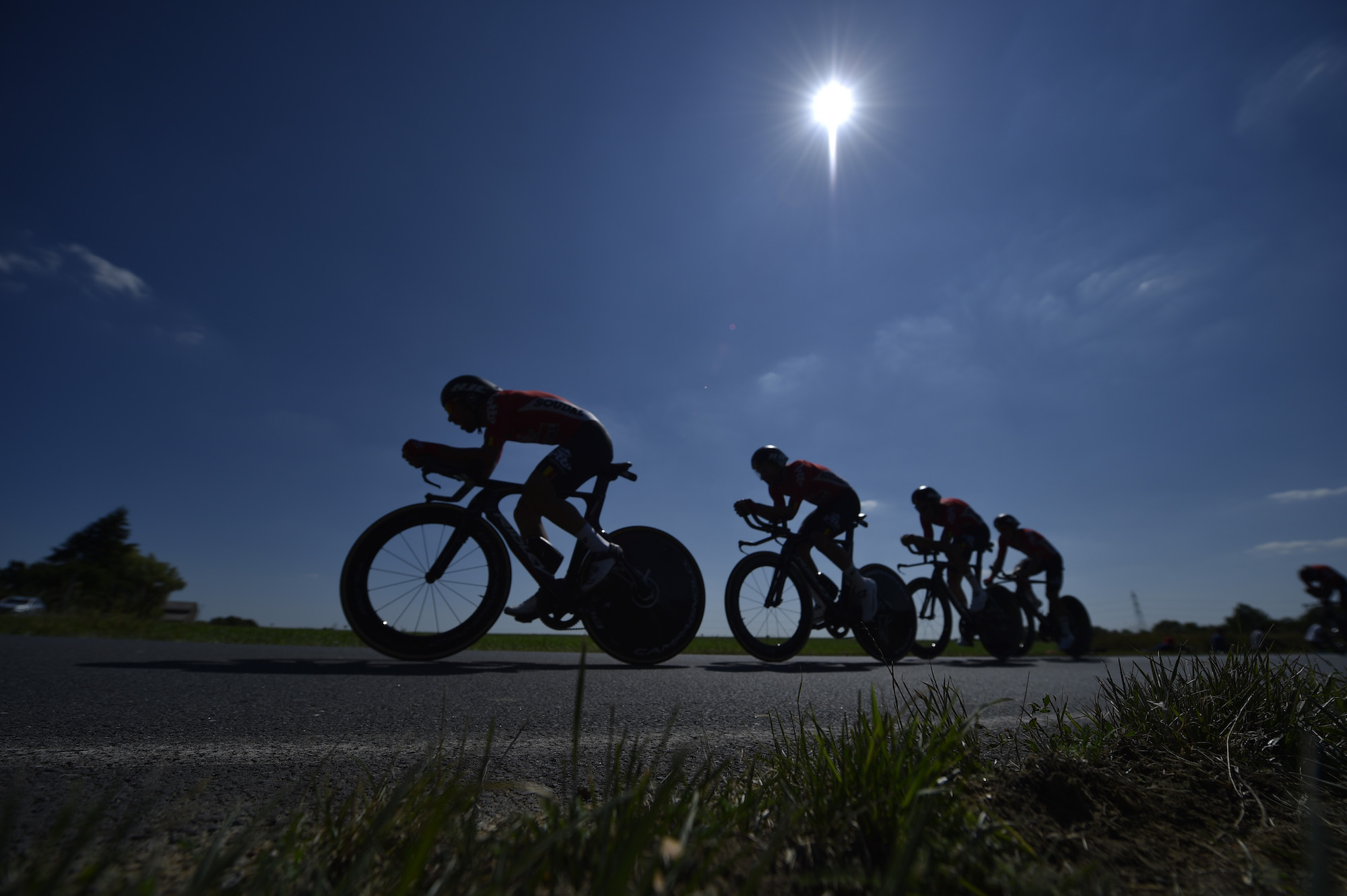
Some fans love them, others hate them, but there’s no denying the importance of a long team time trial at the Tour de France.
It’s here where well-organised teams can help their GC men gain an advantage over their rivals, while individuals who might otherwise ride a flawless race could find themselves losing serious time if their team-mates are lacking.
>>> Join our Tour de France 2019 Fantasy League
At 27km in length, stage two in this year’s race isn’t quite as long as the team time trial from the 2018 Tour., but time gaps between the best and worst teams are still likely to be well over a minute.
That should be good news for both Geraint Thomas and Egan Bernal, whose Ineos team have all the necessary firepower to produce an exemplary time, while Adam Yates’s Mitchelton-Scott outfit are specialists in this discipline, and won one of the season’s most high-profile team time trials at Tirreno-Adriatico.
Romain Bardet (Ag2r La Mondiale) will be more concerned, however, with the 1-15 he lost in last year’s team time trial still fresh in the mind, while Thibaut Pinot’s Groupama-FDJ, Richie Porte’s Trek-Segafredo and Nairo Quintana’s climber-heavy Movistar roster also look vulnerable.
Les Planche des Belles Filles
In terms of the race for the yellow jersey, week one’s most exciting showdown looks set to be stage six and its finishing climb of Les Planche des Belles Filles.
Despite not being the most difficult of mountains (its ranked category one, is only 7km long, and is located in the Vosges mountains rather than the Tour’s typical mountain heartlands of the Alps and Pyrenees), the climb has proven to be very significant in recent Tours.
In fact, what’s often said of Alpe d’Huez is arguably more true of Les Planche des Belles Filles - that whoever emerges at the summit as leader of the race will go on to seal the yellow jersey.
That’s been the case in each of its previous three appearances. In 2012, Bradley Wiggins sprinted for third behind teammate Chris Froome to first claim the yellow jersey; in 2014, Vinceno Nibali attacked and won the stage to extend his overall lead; and in 2017 the jersey switched hands from Geraint Thomas to Chris Froome, who would hold onto it until Paris.
With four tough climbs preceding it, the riders legs will be considerably worn down by the time they reach Les Planche des Belles Filles, which should ensure a serous, select contest among the favourites. The climb is longer this year than in previous editions, with an extra kilometre to the summit on gravel roads.
Hills
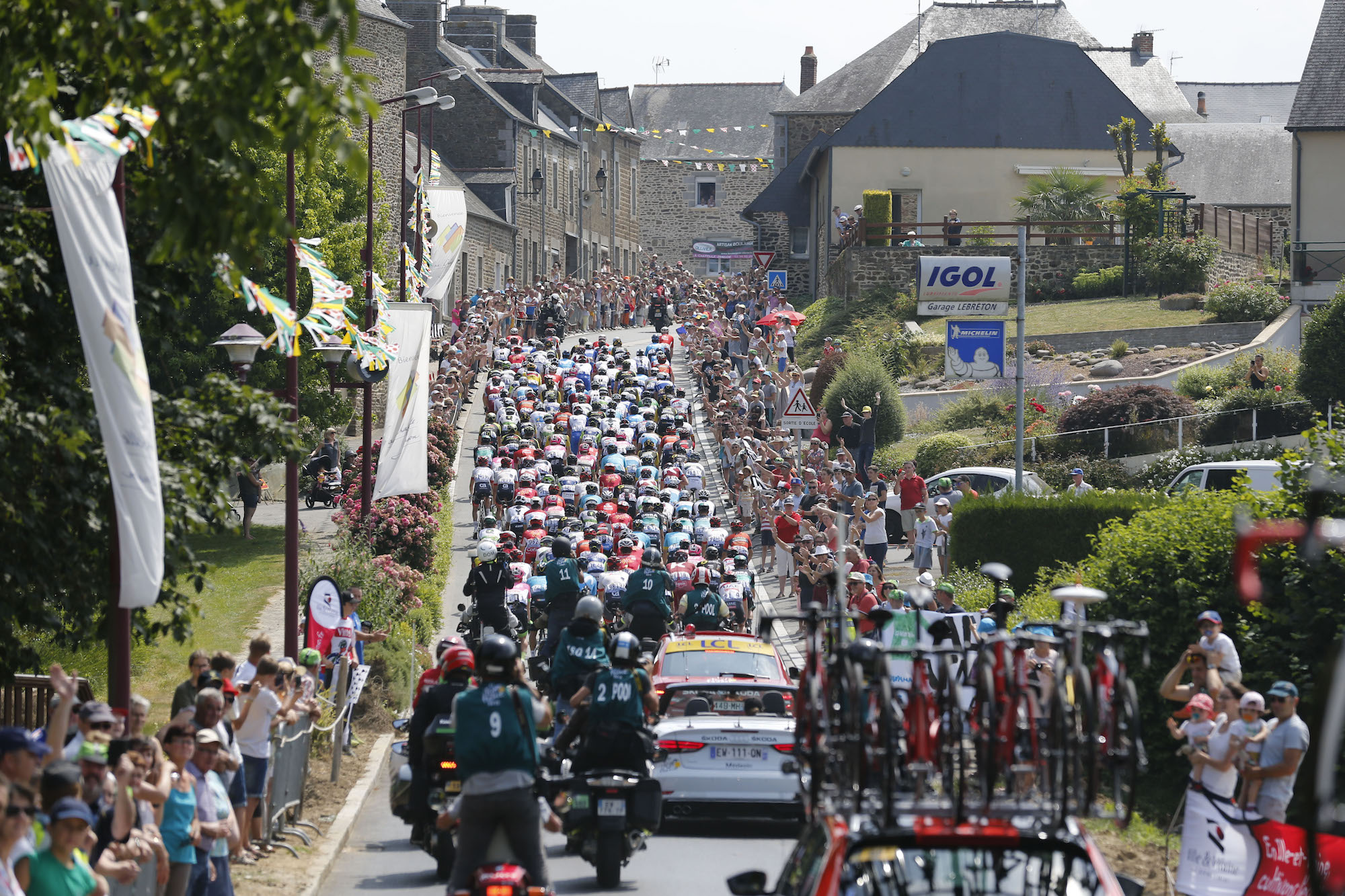
The Tour de France organisers are often criticised for not including as many climbs in the race’s first week as the Giro and Vuelta, but this year’s opening features plenty of hills to test the legs and ensure that the first 10 stages are far from being just a procession of bunch sprints.
>>> Six key climbs of the 2019 Tour de France
There’s four in quick succession at the climax of stage three, plus an uphill rise to the finish that will have the likes of defending green jersey champion Peter Sagan (Bora-Hansgrohe) and home favourite Julian Alaphilippe (Deceuninck-Quick-Step) licking their lips.
There are enough late climbs towards the end of stage five to scupper the chances of the pure sprinters, paving the way for those who can haul themselves over the climbs (like Sunweb’s Michael Matthews and, once again, Peter Sagan) to contest the stage.
By the beginning of the second weekend, there will be large enough gaps in the GC for certain riders to escape up the road without posing a threat to the yellow jersey, so both stages eight and nine look like stages for the likes of breakaway specialists like Thomas De Gendt (Lotto-Soudal) to succeed.
Finally, stage 10 strikes an intriguing borderline between being a day for the sprinters or the breakaway.

Thank you for reading 20 articles this month* Join now for unlimited access
Enjoy your first month for just £1 / $1 / €1
*Read 5 free articles per month without a subscription

Join now for unlimited access
Try first month for just £1 / $1 / €1
Stephen Puddicombe is a freelance journalist for Cycling Weekly, who regularly contributes to our World Tour racing coverage with race reports, news stories, interviews and features. Outside of cycling, he also enjoys writing about film and TV - but you won't find much of that content embedded into his CW articles.
-
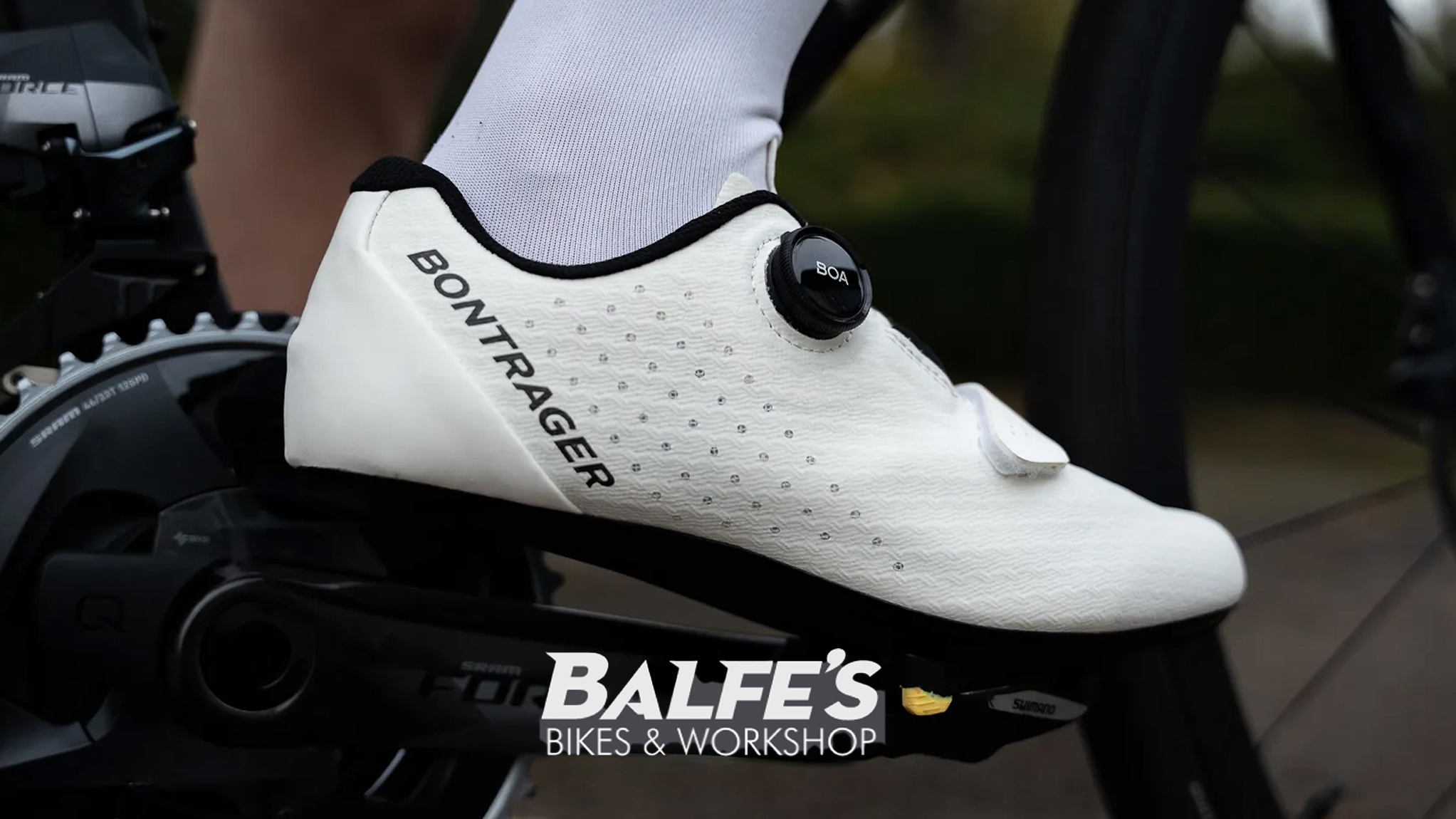 Gear up for your best summer of riding – Balfe's Bikes has up to 54% off Bontrager shoes, helmets, lights and much more
Gear up for your best summer of riding – Balfe's Bikes has up to 54% off Bontrager shoes, helmets, lights and much moreSupported It's not just Bontrager, Balfe's has a huge selection of discounted kit from the best cycling brands including Trek, Specialized, Giant and Castelli all with big reductions
By Paul Brett
-
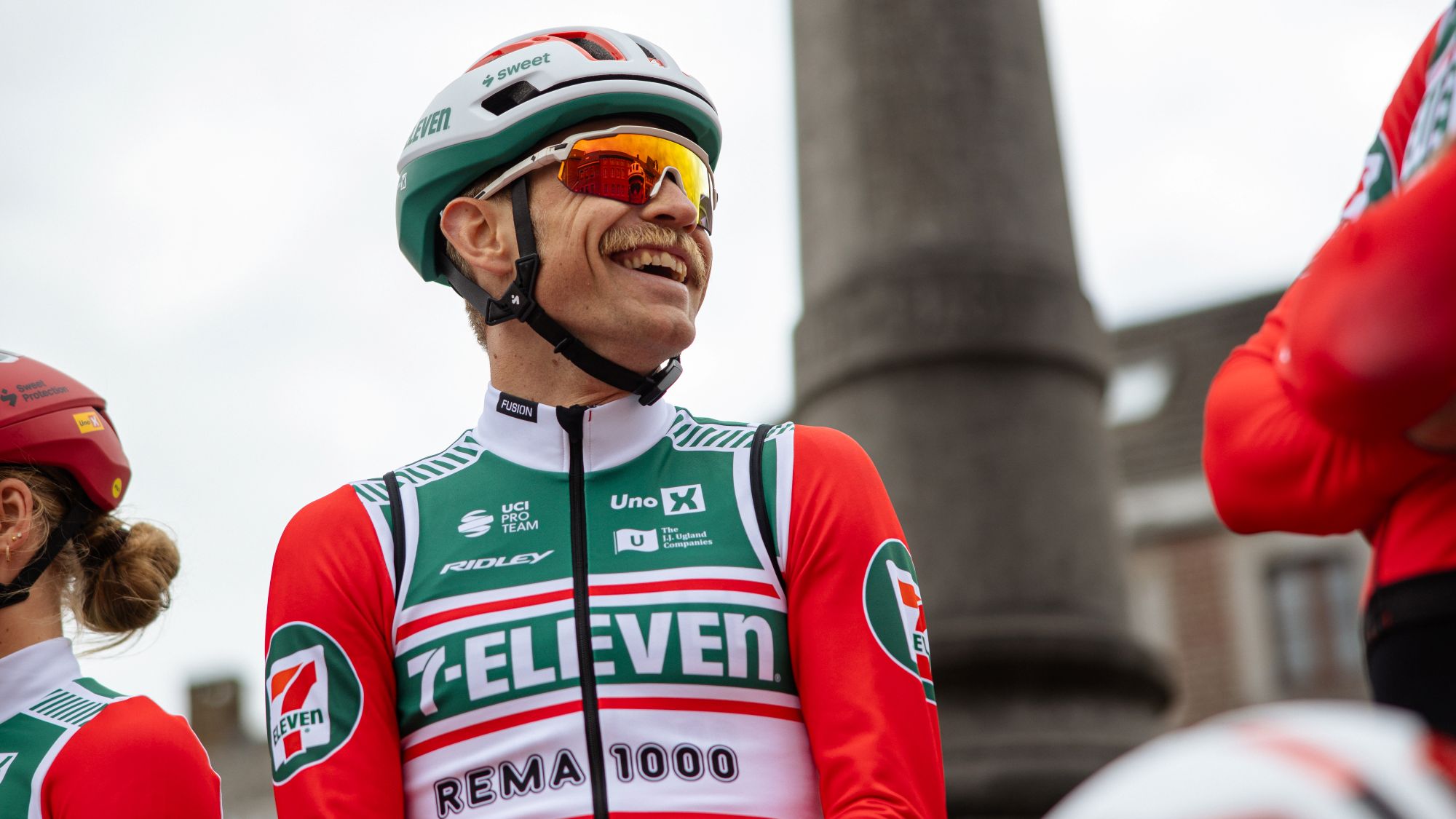 7-Eleven returns to the peloton for one day only at Liège-Bastogne-Liège
7-Eleven returns to the peloton for one day only at Liège-Bastogne-LiègeUno-X Mobility to rebrand as 7-Eleven for Sunday's Monument to pay tribute to iconic American team from the 1980s
By Tom Thewlis